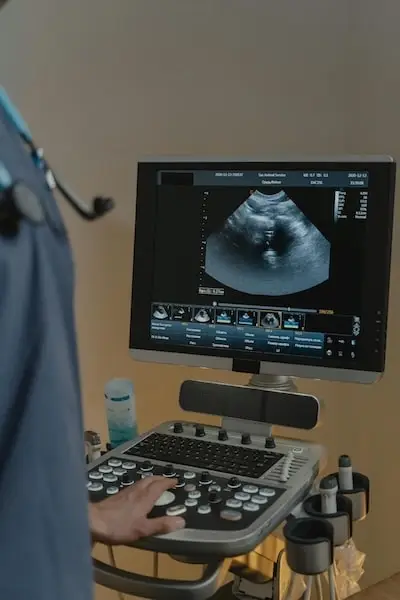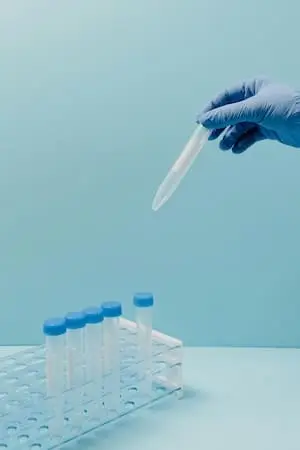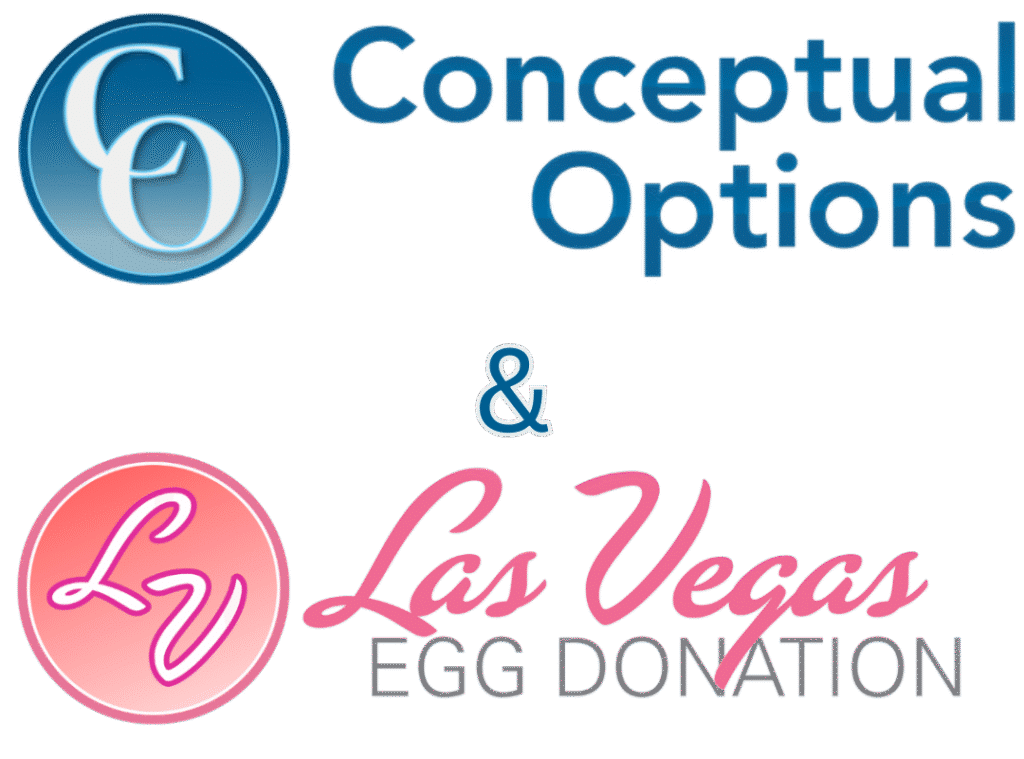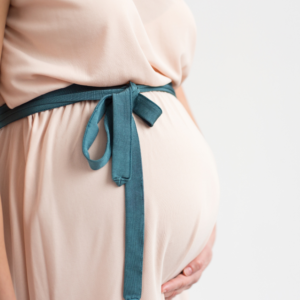Fresh Egg Donation Cycle vs. Using an Egg Bank
When considering egg donation for building your family, it’s essential to understand the differences between fresh egg donation cycles and utilizing frozen eggs from egg banks. Each approach has its unique processes, advantages, and considerations.
Helping Build families
Egg donation enables individuals or couples struggling with infertility—due to age, medical conditions, or other factors—to have a chance at pregnancy and parenthood. It offers hope to those who might otherwise be unable to conceive.
Empowering Donors
Donors often feel a profound sense of fulfillment and purpose, knowing they’ve made a life-changing difference for someone else. The process can also provide financial compensation, offering economic support for personal goals like education or travel.
Advancing Medical Options
Egg donation supports reproductive medicine by providing opportunities for healthy pregnancies. Donors undergo thorough health screenings, which can give them valuable insights into their own fertility and well-being.


Fresh Egg Donation Cycle
In a fresh egg donation cycle, the selected egg donor undergoes ovarian stimulation to produce multiple eggs. The donor’s cycle is synchronized with that of the intended mother or surrogate to facilitate immediate fertilization and embryo transfer. This method has been a cornerstone of in vitro fertilization (IVF) treatments for decades.
What are the
Advantages of
Fresh Egg Donation:
Higher Success Rates:
Fresh eggs are not subjected to the freezing and thawing processes, eliminating potential risks associated with vitrification.
Larger Egg Yield:
Intended parents typically receive all the eggs retrieved during the donor’s cycle, increasing the number of embryos available for transfer or future use.
Time Commitment:
The process requires synchronization of menstrual cycles, which can extend the timeline.
Cost:
The average cost of a fresh egg donation cycle in the United States ranges from $25,000 to $40,000, though it can vary widely based on several factors. This estimate typically includes:
Donor compensation: $5,000 to $15,000, with some donors (e.g., those with specific qualifications like Ivy League education) commanding higher fees, up to $60,000 in rare cases.
Agency fees: $5,000 to $17,000 for donor recruitment, matching, and coordination.
Medical costs: Screening, medications (around $2,000–$5,000), and egg retrieval procedures.
Legal fees: $500 to $1,500 for contracts to protect both donor and intended parents.
IVF-related expenses: Costs for fertilization and embryo transfer, which can add $10,000–$20,000, depending on the clinic.


Frozen Egg Banks
Egg banks store previously retrieved and vitrified (rapidly frozen) eggs from donors. Intended parents can select and purchase these frozen eggs without the need to coordinate with a donor’s cycle.
What are the
Advantages of
Frozen Egg Banks:
Immediate Availability:
Frozen eggs are readily accessible, allowing for flexibility in scheduling IVF procedures.
Simplified Process:
Eliminates the need for donor-recipient cycle synchronization and reduces logistical complexities.
Potential for Lower Success Rates:
The freezing and thawing process can impact egg viability, potentially reducing success rates compared to fresh eggs.
Limited Egg Quantity:
Egg banks often sell eggs in smaller batches, which may limit the number of embryos available for transfer or future use.
The cost of a frozen egg donation cycle in the United States typically ranges from $12,000 to $25,000, though prices can vary based on clinic, egg bank, and additional services. Normally, you will receive only 6 eggs to fertilize.
Why
Conceptual Options Prefers Fresh Egg Donation Cycles
At Conceptual Options, we prioritize maximizing success rates and providing comprehensive support to our clients. We focus exclusively on fresh egg donation cycles due to their established higher success rates and the benefits of receiving a larger number of eggs per cycle. This approach aligns with our commitment to offering the most effective and personalized fertility solutions.
For more detailed information on the differences between fresh egg donation cycles and frozen egg banks, please visit our Egg Donation Cycle vs. Egg Bank page.
Understanding these options allows intended parents to make informed decisions tailored to their specific needs and circumstances.
Ready to Access our Egg Donor Database?
Egg Donor Database
Application Form
When you apply to find your ideal Egg Donor on our Egg Donor Database you’ll be directed to LasVegasEggDonation.com (LVED), our Egg Donor Agency Division at Conceptual Options, LLC. but no need to worry, you will be supported by the same team and same great Conceptual Options standard, only now with a more diverse and larger pool of Egg Donors. Our team will be able to help you grow, whether you are in Southern California, Nevada, or anywhere else in the World. Conceptual Options Surrogacy Agency and Las Vegas Egg Donation Agency are your source for expanding your family through Surrogacy and Egg Donation.

Our most recent Blog Posts
Follow us on the following Social Media platforms:





